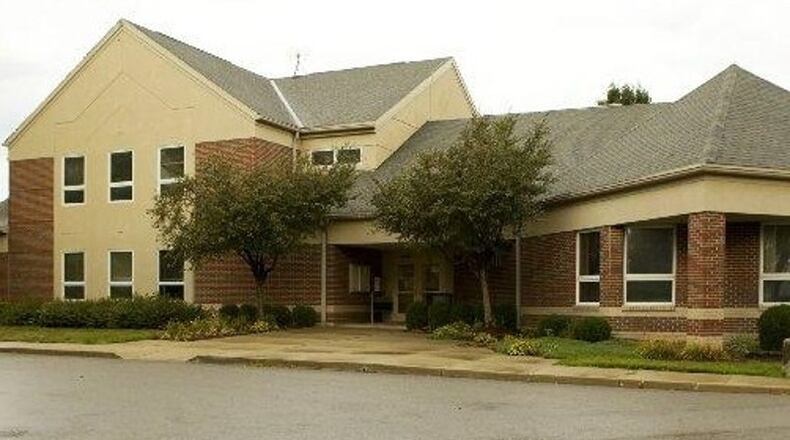“These were things we were able to reduce or cut so that we’re not cutting services to our residents,” City Manager Rob Schommer said.
The city had planned to do a road realignment on Bellefountaine Road, south of Chambersburg Road this year, but has pushed the project back to 2021. The road project will cost about $850,000.
The city will also be saving about $1.5 million this year by pushing back a water main extension and interconnection project. The project, which would connected Huber Heights’ water system with the city of Dayton’s system, is now scheduled for 2021.
“We needed to preserve for a loss of revenue in our general fund and various state funds that the governor has started to restructure a bit,” Schommer said.
Huber Heights will save about $2.6 million with the cuts they made in their capital improvement plan.
Schommer said many of the projects that were postponed for a year or two are things that are currently working, such as the city’s software or security cameras, but will need to be updated eventually as new technology comes out.
The cuts were made based on the estimated potential loss the city will face because of the coronavirus pandemic and subsequent shutdown of the state.
MORE: Another Centerville High School football player tests positive for coronavirus
“The jury is still out on what the impact will be,” Schommer said.
He said the city won’t really know the full impact of the pandemic until next April.
The city did not cut things like replacing a medic vehicle for the fire department or replacing in-car cameras, radio equipment and four patrol cruisers for the police department, according to the plan for 2020.
“We want to make sure that our citizens get what they pay for,” Schommer said.
The city doesn’t anticipate that it will make additional cuts, but if the state were to shutdown again, Schommer said Huber Heights is prepared to make more cuts or postpone non-essential projects.
“The capital improvement plan is just that, a plan,” Schommer said. “Putting something on the plan doesn’t allow for expenditure.”
Schommer said he hopes the diversity of Huber Heights’ economy will lessen the impact of the economic shutdown.
“We’re fortunate that we had a number of essential businesses here in Huber Heights,” he said.
About the Author

